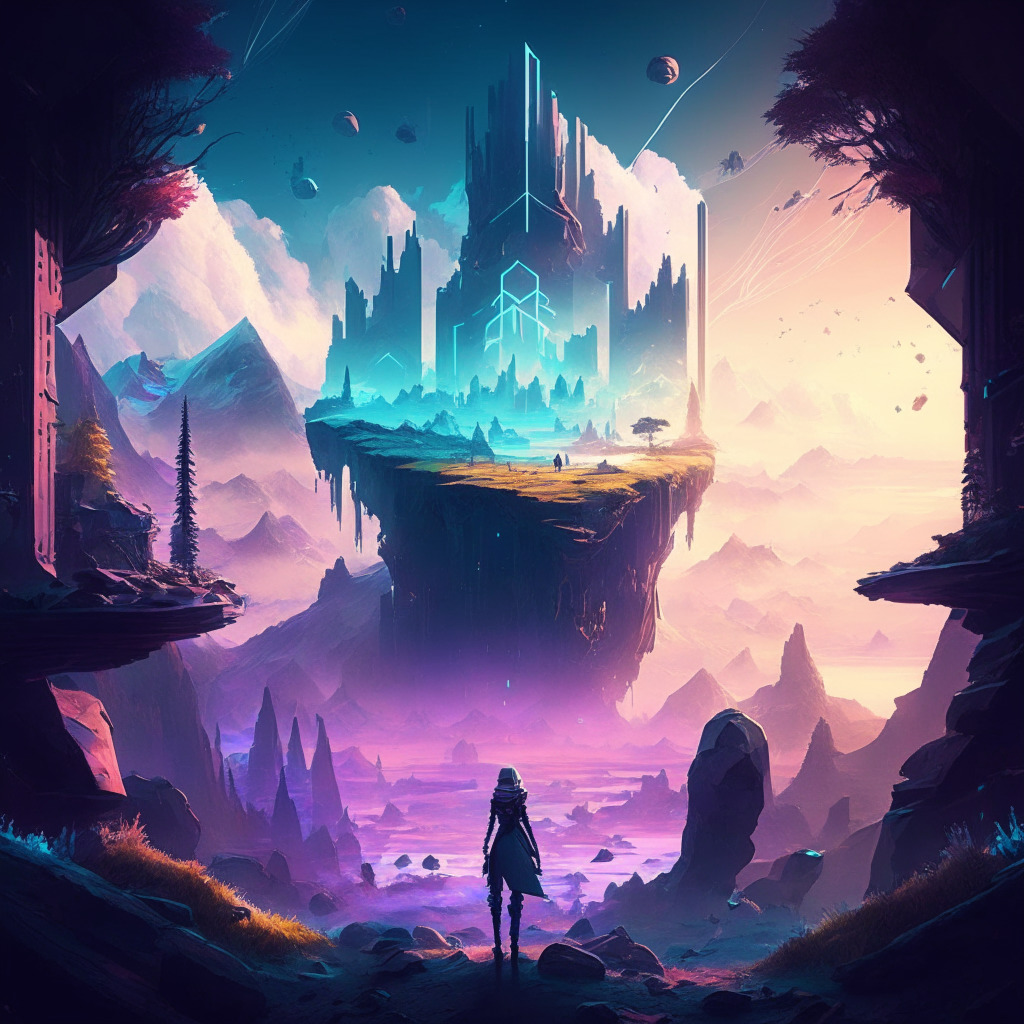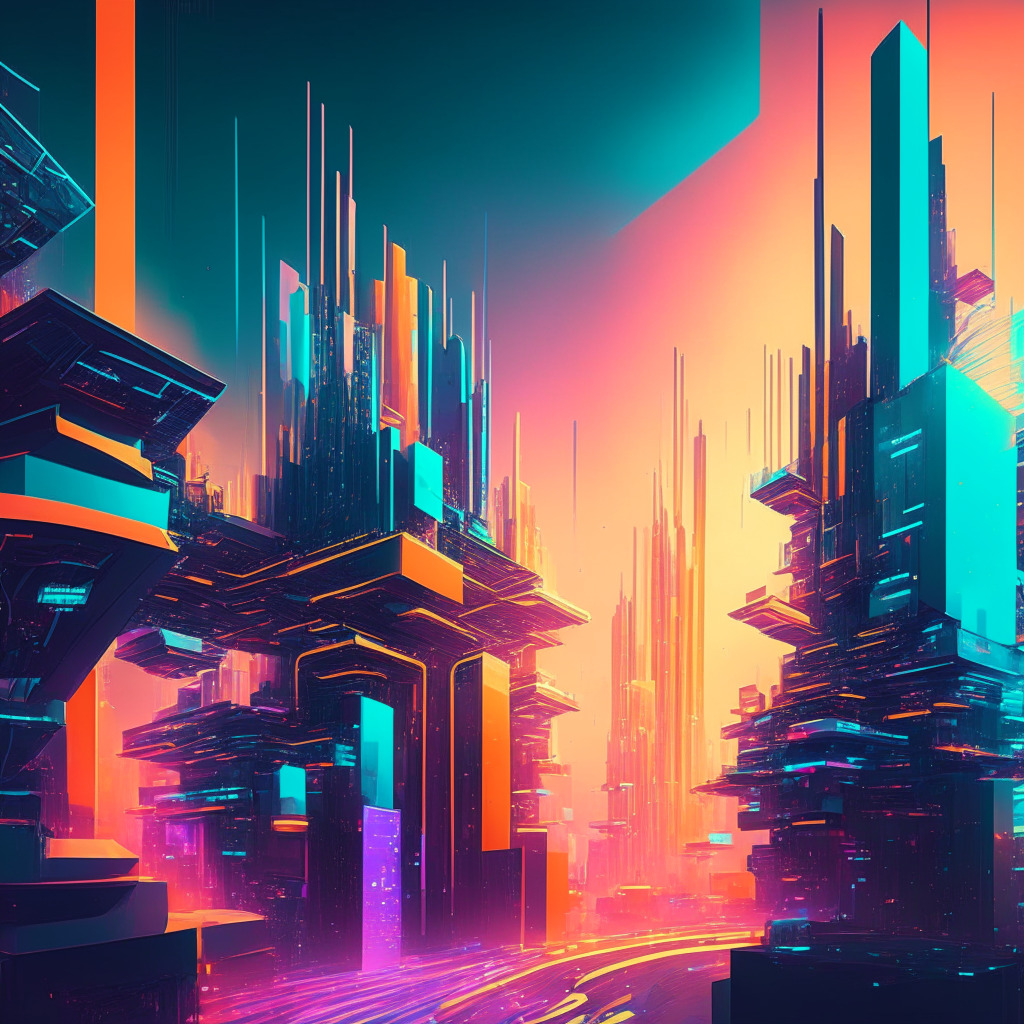In an age where cryptocurrency and blockchain are becoming increasingly significant, it is essential for enthusiasts to stay informed about the latest developments and opinions of key players in the industry. In a recent interview with Decrypt’s Kate Irwin, Michael McCarthy, Lead Developer and Gala Games co-founder, shares his thoughts on the state of the gaming industry, the aesthetic of the Gala Games flagship title, Mirandus, and its potential impact on the future of blockchain gaming.
One of the core discussions in the interview revolved around the aesthetic of Mirandus. According to McCarthy, an overabundance of assets can be overwhelming and detract from the game’s visual appeal. In his words, “When assets are overdone, they just feel a little dirty. It’s not pretty to look at.” The Mirandus team is leaning towards a more authentic and harmonious visual experience—one that not only appeals to gamers but also brings out the true essence of the platform.
The aesthetic debate aside, McCarthy also touched upon the integration of blockchain technology in gaming—an aspect that holds much promise for the future. Although many view blockchain gaming as a potential revolution in the industry, others argue that the technology’s widespread adoption in the gaming sphere might still be several years away.
Blockchain gaming advocates mention that the technology would provide gamers with true ownership of in-game assets, unlike traditional gaming models where players are only granted limited access rights. Additionally, the decentralized nature of blockchain would foster a more collaborative gaming ecosystem and counter centralized control by gaming giants.
On the other hand, critics of blockchain gaming argue that the current infrastructure might not be ready to support the high-speed performance and robust security that successful gaming platforms demand. Furthermore, integrating blockchain technology into gaming could drive up development costs, potentially leading to higher prices for gamers and stifling innovation.
In the case of Mirandus, the Gala Games team believes that their approach could serve as the perfect balance between maintaining visual aesthetics and embracing blockchain technology. With blockchain at its core, Mirandus aims to offer a truly immersive gaming experience that empowers players while introducing a new level of ownership over in-game assets.
In conclusion, Michael McCarthy’s candid conversation with Kate Irwin brings to light some of the challenges and opportunities that lie ahead for the future of blockchain gaming. While the gaming industry’s adoption of this technology is undeniably still in its infancy, platforms like Mirandus, backed by creative visionaries like McCarthy, can emerge as the pioneers of melding the gaming and blockchain worlds for the ultimate benefit of gamers and the wider industry.
The interview with McCarthy demonstrates both the complexity and the potential of blockchain integration in gaming, emphasizing the need for thoughtful consideration, both in terms of aesthetics and game mechanics, as the industry paves the way for a more decentralized and player-focused future.
Source: Decrypt




